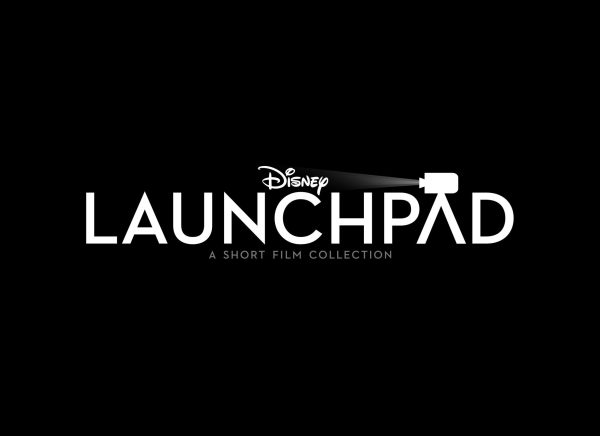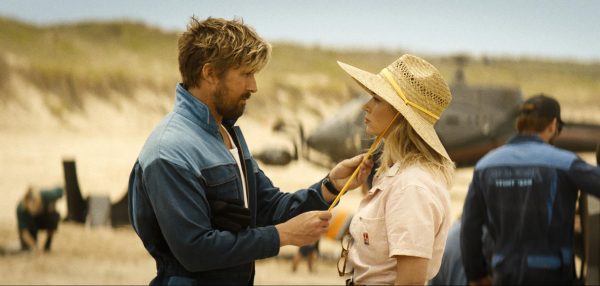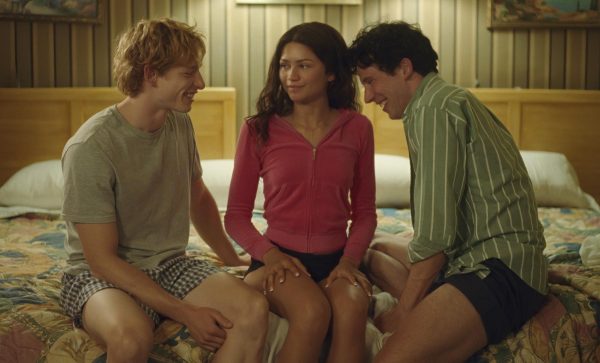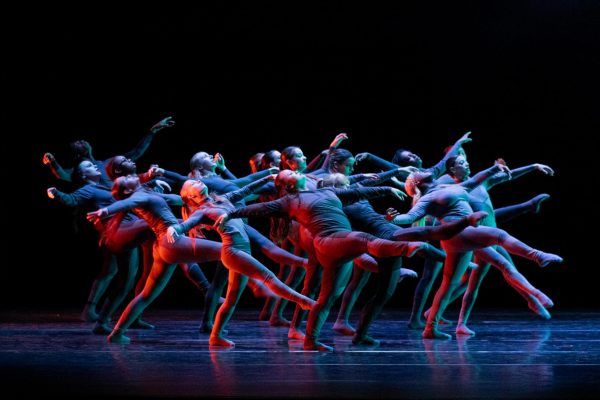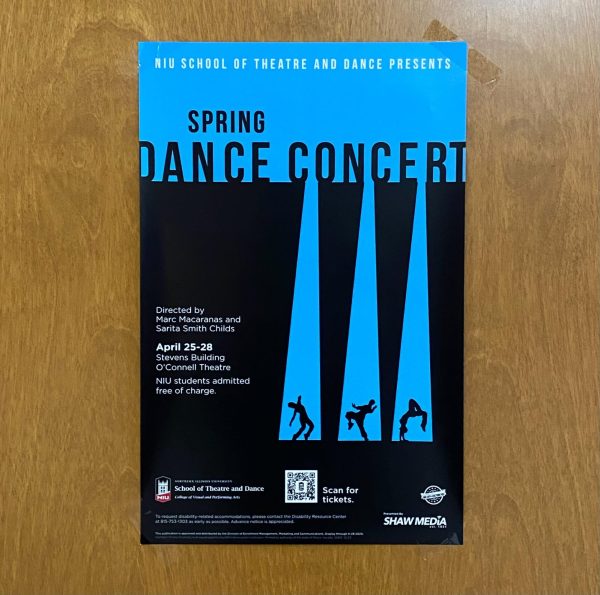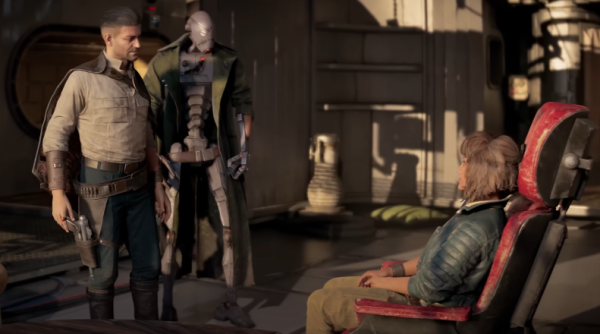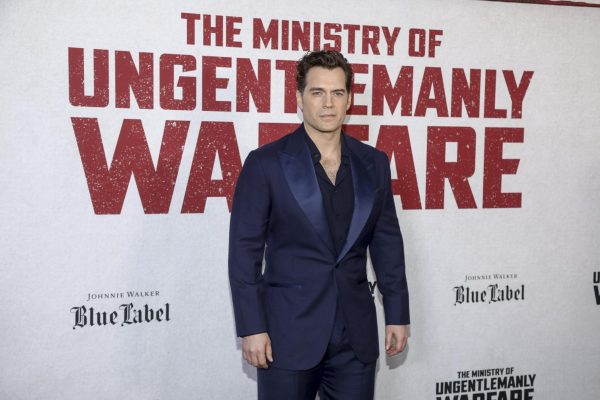“Blade Runner 2049” captures bleak atmosphere
October 12, 2017
The future is a dark place in “Blade Runner 2049,” the long-awaited sequel to the 1982 cult-classic, “Blade Runner.” The new film does a remarkable job of capturing the tone and ambiance of Ridley Scott’s original.
Released Oct. 6, “2049” takes place 30 years after the original 1982 film. Humanity has reached the stars by building and exploiting “Replicants,” humanoid androids designed for slave labor. Specially trained police officers called “Blade Runners” are sent to retire these living machines if they ever rebel against their creators.
The film revolves around Ryan Gosling’s Agent K, a young Blade Runner who stumbles upon evidence of a conspiracy. Gosling has always had a relaxed, quiet acting style, and here it gels wonderfully with K’s lonely nature.
Harrison Ford returns as retired cop Rick Deckard although he’s only around for the ending. Unlike Ford’s other classic characters like Han Solo or Indiana Jones, Deckard isn’t a charmer. He’s a prickly and ragged old man, and Ford gets as much mileage out of him as he can with his limited screen time.
The supporting cast is also solid; Jared Leto plays Niander Wallace, a megalomaniacal business tycoon that only speaks in obtuse riddles. His replicant enforcer, Luv, played by Sylvia Hoeks, is cold and lethally efficient. Joi, K’s artificial-intelligence girlfriend played by Ana De Armas, is the only character without a hidden motive, she simply wants K to succeed.
The film starts with K pursuing a replicant to a farm just outside Los Angeles and immediately begins to subvert expectations from there. “2049” works best when the audience comes in blind and lets themselves be carried away by K’s dark journey.
Without getting into specifics, “2049” asks questions about reality, humanity and relationships. Joi is the warmest character in the film, but it isn’t clear if she truly loves K or if her affection is just the result of her programming. Just like the original film, the biggest questions are left up to the audience’s interpretation.
Even though Gosling and Ford are the big names on the bill, this film will be remembered for Denis Villenueve’s gorgeous directing. Enormous skyscrapers are shrouded in dense smog; characters are constantly enveloped by neon and rainwater. The color palette is full of rich, deep hues which swallow everything in sight.
The soundtrack, composed by Hans Zimmer and Benjamin Wallfisch, is gloomy and stark. Ominous, oppressive synthesizers lurk behind every scene. There are spaces and shadows in the music that compliment the murky, noir tone of the film.
It’s amazing the film industry of 2017 could even produce a blockbuster like “2049.” Every rule Hollywood has trained viewers to come to expect for the last 20 years is ignored. The film is almost three hours long, mostly devoid of action scenes, comprised solely of long, lingering shots and contains only two instances of what could loosely be called, “humor.”
Despite the dense and complicated nature of the film, it ends up feeling like a breath of fresh air. “2049” wants to challenge and confuse its audience. There has never been more money spent on a film that cares so little for the audience’s opinion, and that massive indifference is a welcome contrast to the easily digestible films audiences have gotten used to.
“2049” is an explosive, intricate film that is absolutely not meant for everyone. It’s made by fans of the original for fans of the original, as well as anyone else who wants to step outside of their cinematic comfort zone. For brave viewers, there is a ton to enjoy here.



